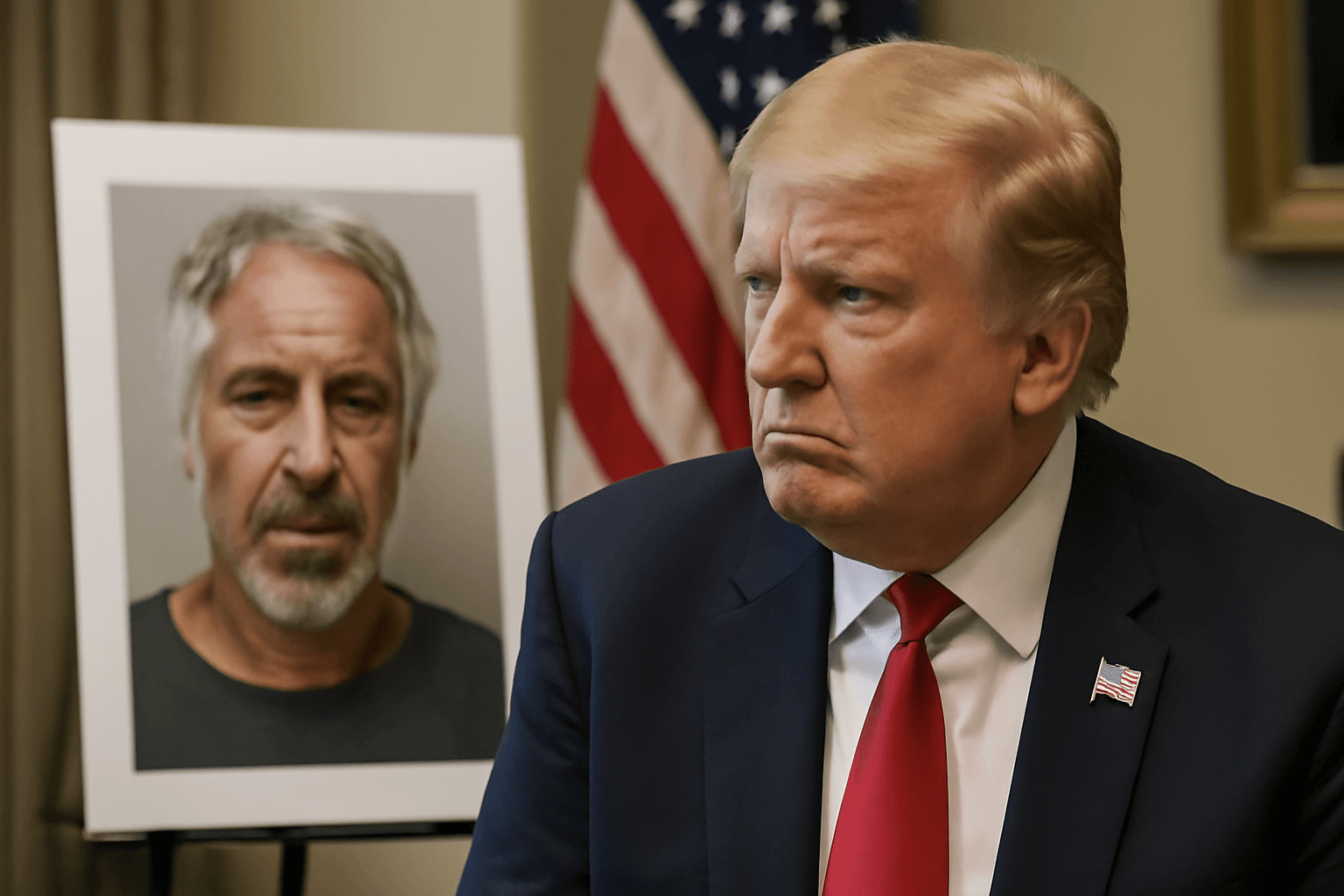CEO Andy Byron and HR Chief Kristin Cabot Spark Rumors at Boston Coldplay Concert
In an unexpected twist blending the worlds of tech leadership and pop culture, Astronomer CEO Andy Byron and his Chief People Officer Kristin Cabot found themselves center stage—literally—during a recent Coldplay concert in Boston. A candid moment captured on the venue's big screen quickly turned into viral internet fodder, igniting widespread speculation about the nature of their relationship and stirring intrigue well beyond the concert crowd.
The Viral Moment That Set Social Media Ablaze
The duo was spotlighted cuddling when Coldplay’s frontman Chris Martin cheekily remarked, "Oh look at these two," unknowingly highlighting two senior executives who are not married to each other. The clip captured Byron, who is publicly known to be married with children, and Cabot visibly startled as they hid their faces amid the laughter and cheering of other attendees.
Martin’s lighthearted comment, “Either they’re having an affair or they’re very shy,” added fuel to the fire, propelling the video to widespread sharing and intense online discussion. This unexpected spotlight on two prominent figures in the tech industry has sparked not only gossip but deeper conversation around workplace relationships, privacy, and leadership integrity.
Behind the Headlines: Who Are Andy Byron and Kristin Cabot?
Andy Byron has helmed Astronomer, a rapidly growing data-software company valued at over $1.3 billion, since July 2023. Married to Megan Kerrigan Byron, with whom he has two children, Byron maintains a profile as a family man and influential tech leader based in New York.
His colleague, Kristin Cabot, serves as the Chief People Officer of the company. While her marital status remains undisclosed publicly, her LinkedIn profile highlights her skill in "winning trust with employees of all levels, from CEOs to managers to assistants," suggesting a respected role influencing company culture.
Public Reactions and Broader Implications
The viral incident has provoked a spectrum of online responses, from sympathy for Byron’s family to criticism of the executives’ vulnerability under public scrutiny. Social media users questioned the appropriateness of close relationships between top executives and HR leaders, given the potential conflicts of interest it might entail.
- Employee trust and power dynamics: The intersection between personal relationships and professional roles within corporate hierarchies presents challenges, especially when involving HR leadership.
- Privacy in the age of viral moments: Leaders today face increased risks of personal moments becoming public, with implications that can affect careers and family life alike.
- Work culture reflections: Incidents like this raise questions about boundaries, transparency, and respect in high-pressure corporate settings.
Expert Commentary: Navigating Leadership and Personal Boundaries
Industry analysts point out that while executives must uphold professionalism, humanizing leaders by acknowledging their vulnerabilities may foster greater empathy within organizations.
“This situation underscores how the lines between personal and professional lives have blurred in the digital age,” says Jane Hollister, a corporate governance expert. “Leaders must carefully balance authenticity with discretion, particularly when their actions resonate so publicly.”
Looking Ahead: What This Means for Astronomer and Its Leadership
As Astronomer continues to innovate within the tech space, the company’s response to this viral episode could have lasting effects on its internal culture and public image. Transparency, coupled with a reaffirmation of ethical standards, will be key in managing employee confidence and stakeholder trust.
Ultimately, this incident serves as a poignant reminder that even those at the pinnacle of business achievement are deeply human. Their decisions—both public and private—carry weight that ripples beyond boardrooms into families, workplaces, and society at large.
Editor’s Note
This viral moment reveals much more than a fleeting scandal. It invites reflection on the evolving challenges modern leaders face in maintaining personal integrity amid intense public scrutiny. It also prompts crucial questions: How should organizations support leaders in navigating personal and professional boundaries? What safeguards are necessary to preserve trust within workplace hierarchies? As audiences, our fascination with such stories underscores a collective desire to understand the human realities behind corporate facades.



















